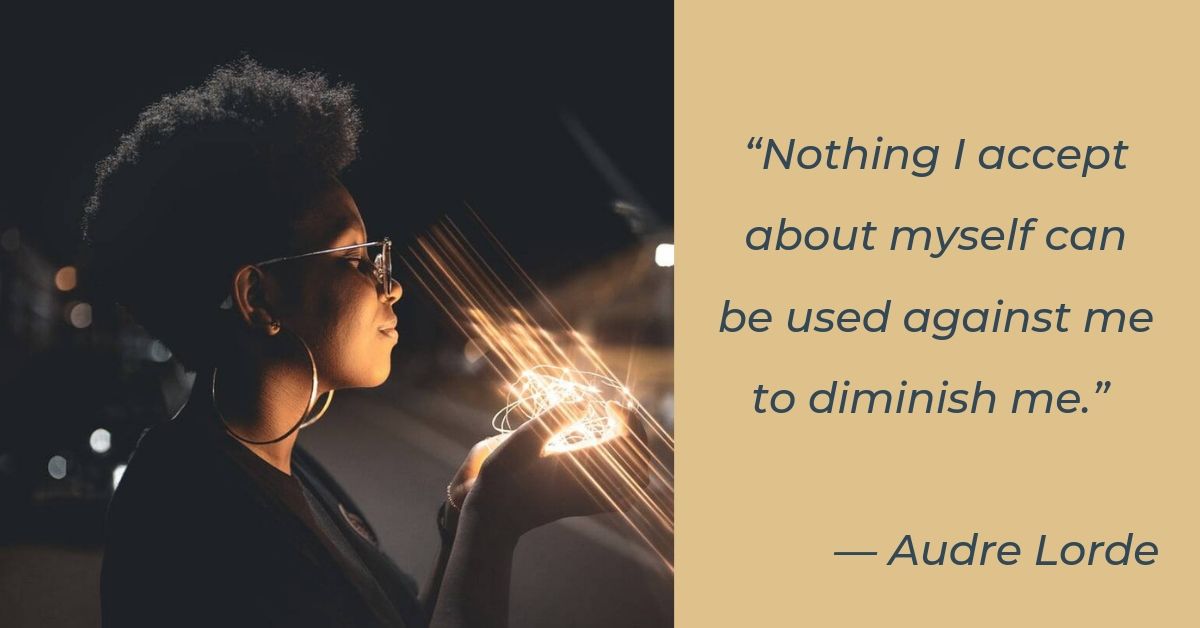Recently, I was talking with a small group of women about difficult situations and the impact they have on us. By “difficult” we meant anything that triggers us emotionally and diminishes our ability to handle circumstances effectively and constructively.
One aspect that we had in common is that in these situations, we tended to give our power away and lose access to our equanimity and skills.
By “power” I mean the ability to stay grounded, think clearly, not be overwhelmed by emotion, and to respond instead of reacting. This is tough to do when we get triggered by something someone says or does.
It is important to understand that when we get triggered, we experience it psychologically AND physiologically. In other words, we can’t just talk ourselves out of a reaction. We need to enlist the help of our bodies and minds to calm our nervous system so we can deal with the situation in ways we choose rather than being driven by the more primitive parts of the brain.
When we are controlled by the primitive parts of the brain, we give away power to our raw emotion and to the circumstance at hand. In other words, we’re handing over our power to whoever has evoked the triggering in the first place. When our reactions are strong, we lose control, go on automatic and start saying and doing things that will likely make the situation worse and cause regret.
The essential challenge is to be with our emotions without being overtaken by them.
Here are three potential ways to help us stay connected to our power in difficult situations.
- First, notice what triggers you. Explore why it triggers you. For example, one thing that triggers me is being interrupted. Because I am an introvert, it is sometimes hard for me to express myself as clearly as I would like and when I get interrupted, I can easily lose track of what I want to say. This is especially true if I am feeling anxious. Knowing and accepting this about myself has allowed me to notice when I am being triggered, to take a breath, and to ask the interrupter (in a neutral manner) to let me finish what I was saying. Now that I know this about myself, I rarely feel diminished or get triggered when someone interrupts me.
- Second, practice staying grounded. Connect with your body sensations, your breathing, and your intentions for the specific circumstance or any situation in which you find yourself. Don’t try to practice this only in difficult situations. Practice in calm waters so you are better able to do this in white water (like with your family or in a situation of conflict). My path has been to meditate each morning—building the ability to stay grounded, aware of body sensations, and always, the breath. I also clarify my intentions before any meeting or interaction with others. In addition, I have an overall, universal intention: to help people feel a sense of safety and belonging so that they can contribute their unique perspectives and experience to the situation.
- Third, develop a personal habit that allows you to notice when you are getting triggered, about to give away your power and become reactive. Here are two of my personal habits. I start by restating what others have said to make sure I understand accurately what is being communicated. Restating gives me a few seconds in which to practice my second habit. I feel my feet on the floor, my butt in the seat, and the breath moving in my body. I call this Feet, Seat, Breathe.
In a culture that seems adept at diminishing people of all sorts (especially women and most particularly women of color), I invite you, dear reader, to learn to remain undiminished with your power intact. Every situation requires you to be as grounded and clear as possible so you can say what you need to say with your whole body, mind, heart, and spirit.
P.S. Thank you, Dr. Cheryl Johnson, for helping us close our gathering with the Audre Lorde quote.


JUST WHAT I needed to read this morning. I just had a trigger emotionally anger situation.
Thanks, Mary. I’m working on these, especially paying attention to my body. It’s so easy for things to slip sideways!